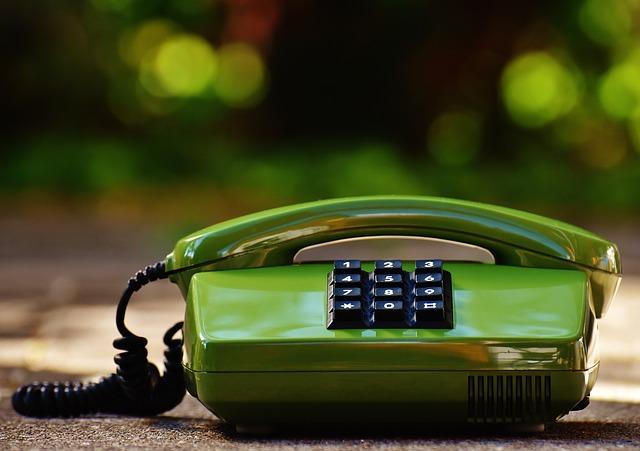
It takes two people to make a phone call, but when it’s between Donald Trump and Malcolm Turnbull, the call doesn’t happen by accident.
Usually when world leaders speak together, it’s only after advisers and bureaucrats have worked hard to agree on an agenda and have a pretty clear idea about what the call aims to achieve. All the more amazing then that the Trump–Turnbull call last week was such a complete debacle. Whatever the final deal on accepting people in detention on Nauru and PNG, neither leader emerged stronger from the bruising encounter.
The phone call could have been designed to play up the great strengths in Australia–US relations: our intelligence cooperation, deep defence engagement, strong investment, trade and people-to-people ties. So how was it that one of the few sore points between Australia and the US was the only topic?
Australian leaders always spend more time worrying about our interests in Washington than the other way around. That’s hardly surprising: the US is a global superpower. In any year the President may have only three or four lengthy conversations with the Australian PM. The upside for Australia is that—if we’re smart about it—we get opportunities to shape our alliance with the Americans. We have more riding on the outcome and invest more in understanding the art of the possible in Washington.
It just doesn’t look like we’ve been putting in that kind of effort with the US recently. Canberra wasn’t plugged into the Trump team in the lead-up to the election. We needed Greg Norman’s help to get Trump’s phone number after the vote. And unlike Japanese Prime Minister Abe and British Foreign Secretary Boris Johnson, it didn’t seem to be a priority for Turnbull to get together with Trump before his inauguration.
The Turnbull government wistfully but loudly hoped Barack Obama’s Trans-Pacific Partnership would somehow be revived even as Trump signed the Executive Order killing it. And when General James Mattis, made his first visit to Asia early this week as US Defense Secretary, he went to Japan and South Korea but not Australia. What the…? Japan and Korea aren’t flying strike aircraft bombing IS fighters. Their soldiers aren’t doing training in Iraq. The Australian Defence Force is. But not a squeak of protest came from Canberra about Mattis’ no-show.
Go back to 2015 and it was Australia that neglected to tell the US that the Port of Darwin had been leased to a Chinese company for 99 years, including the wharf used by the US Marines when they train in northern Australia. That happened at the same time as ministers were meeting in Boston for the 2015 AUSMIN talks with Julie Bishop and Marise Payne alongside John Kerry and Ash Carter. The US folk heard about the Port of Darwin deal on their flight back to Washington. Surprise surprise, AUSMIN 2016 was cancelled.
Everything points to the reality that Australia has been getting too relaxed and comfortable about our US alliance relationship. Too willing to believe our own over-blown language about how great the alliance is and to let things drift. But even the closest alliance buys no tolerance in Washington when really tough political issues are at stake.
Turnbull should never have been put in the position of needing to make the focus of his first phone call with President Trump about honouring Obama’s pledge to take the PNG and Nauru detainees. The fact that Trump appears willing to honour Obama’s promise, even though it’s through gritted teeth, is testament to the strength of our alliance with the US. But he’ll expect a favour or two in return.
There’s even less credit on the American side of the phone call. Trump’s inability to keep a phone call confidential for even a few hours before tweeting and then blurting a distorted version of it to a public lunch gathering is ludicrously amateurish. The President’s bullying language and his inability to remember even basic details of the issue aren’t marks of a person able to do the world’s most important job.
It’s also no way to treat a close ally. If Trump keeps his attitude up, around the world the US will end up with sullen partners but few close friends—and it’s the friends in international relations that you can rely on.
Then we had the performance of the White House staff. Media spokesman Sean Spicer repeatedly referred to Mr Turnbull as ‘Mr Trumble’ and Kellyanne Conway, a counselor to the President, implied that Australians had leaked the conversation. As if we’d leak that embarrassing tongue lashing from Trump! The White House team have looked like hapless Keystone cops over the last two weeks. For the sake of world stability they need to get a lot better, and fast!
Malcolm Turnbull should head to Washington quickly. Trump deals better with people in face-to-face meetings. A fresh start between the two leaders should focus on the many positives in the alliance relationship. But on top of history, Turnbull will need some new ideas to offer by way of closer cooperation and security burden sharing in Asia and the Middle East.
Planning to do more together in the alliance will bring the relationship back to a more normal, positive focus.